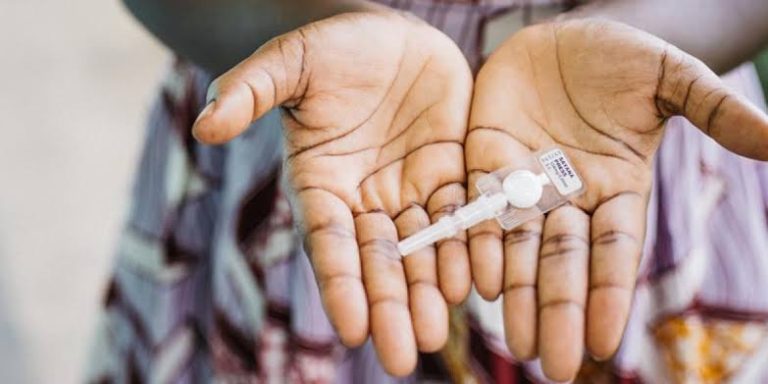ASHENEWS reports that a non-governmental organisation, The Challenge Initiative (TCI) has advised governments across Nigeria to invest in inclusive, equitable, and transparent data collection processes in a bid to boost family planning uptake.
TCI, in a statement issued to commemorate this year’s World Population Day, noted that the government must strengthen family planning uptake to manage population growth.
TCI in the statement lamented that Nigeria faces significant challenges owing to its rapid population growth.
This situation, it said exacerbates poverty, strains healthcare systems, and impedes sustainable development.
“The country’s current population exceeds 200 million, with projections indicating continued rapid growth.
“Embracing the power of inclusive and comprehensive data collection and analysis are critical for effective family planning. This is essential to manage the demographic trend, ensuring that resources are adequately allocated to improve the quality of life for all Nigerians,” the statement quoted the country team lead at The Challenge Initiative (TCI), Dr Taiwo Johnson.
“Comprehensive data collection and analysis helps to institute informed planning and service delivery which is very essential for all states to address the needs of the populace and to deliver the ‘dividends’ of democracy, which has eluded Nigerians since the inception of the current democratic governance since 1999. Efforts by TCI in 23 States across Nigeria have been yielding fruits with support to governments across the country.
“This investment will ensure the creation of resilient systems that reflect the diverse experiences of all Nigerians, leading to a sustainable and prosperous future where rights and choices are enjoyed by everyone.”
The group while acknowledging the tremendous progress made by the country in sexual and reproductive health over the last 30 years said that the country must continue to prioritize investments in population data systems, ensuring data collection is safe and inclusive.
“Specifically, new data tools can highlight invisible issues but must be managed carefully to avoid biases and privacy risks.
“For sustainability and enhanced resilience, the country must sustain the current progress and ensure inclusive programming to accommodate the most marginalized communities excluded from advancements, and growing inequalities in healthcare access,” it added.



